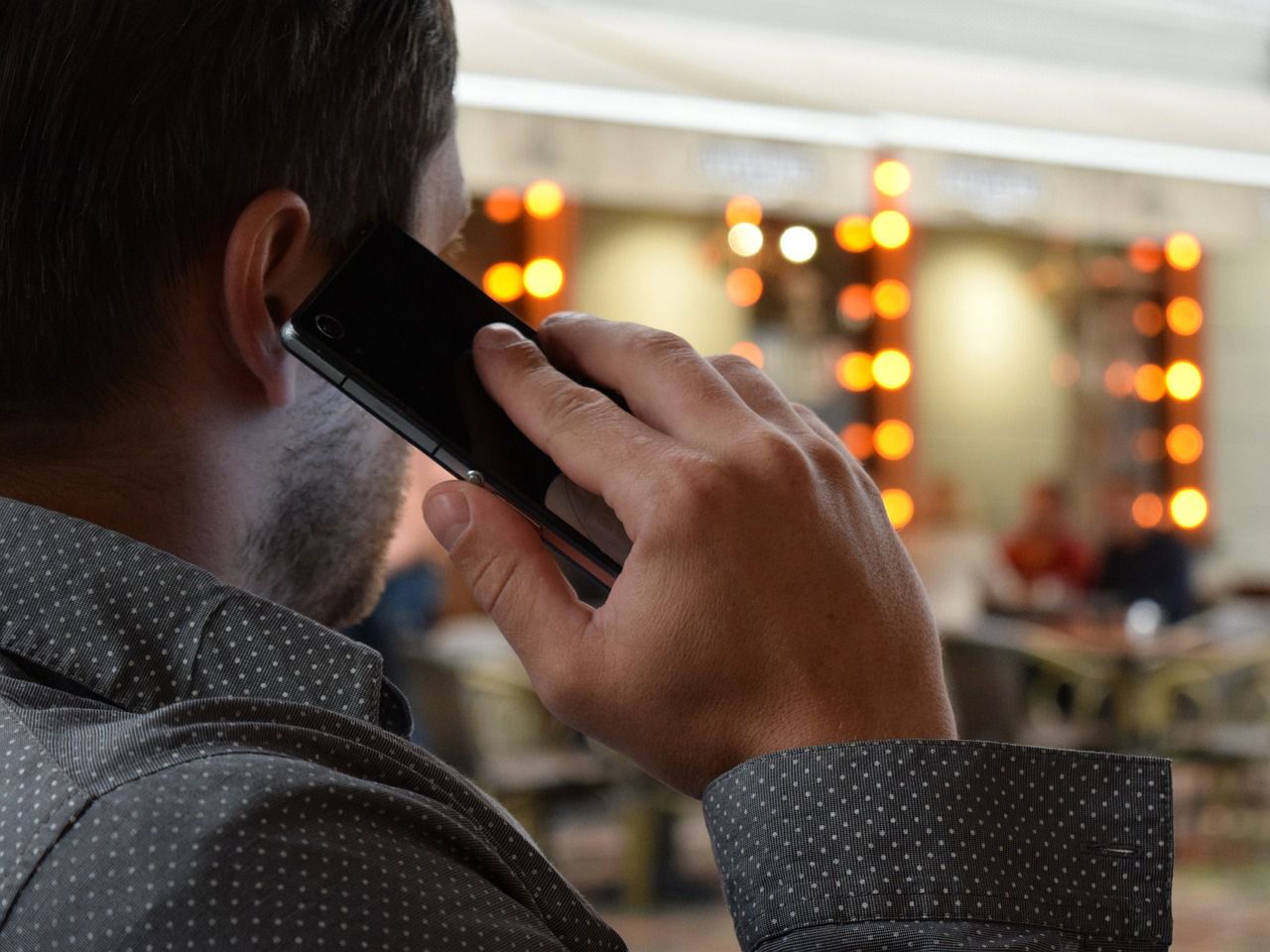Most of us don't want to hear "no", but some people tend to overreact.
Rejection can be hard to handle, but what are the reasons for it?
Let's find out what psychologists have to say about it.

Fear of failure
Rejection can trigger a fear of failure, leading individuals to associate rejection with their self-worth and competence.
They may have high expectations for themselves and perceive rejection as a personal reflection of their abilities or value.
Low self-esteem
Individuals may already have a negative self-image, and when faced with rejection, it can further reinforce their feelings of unworthiness or inadequacy.
Emotional sensitivity
People who are emotionally sensitive or have heightened emotional responses may find rejection particularly distressing.
They may feel rejection more intensely, experiencing feelings of sadness, anger, or humiliation more strongly than others.
Lack of coping skills
Some individuals may not have learned healthy ways to process and manage their emotions or bounce back from setbacks.
Past experiences
Previous experiences of rejection, especially if they were traumatic or deeply hurtful, can make individuals more sensitive to future rejections.
These past experiences can create emotional scars and make it challenging to handle subsequent rejections.











